The appearance of Bakery Food Trailers is usually dominated by soft cream, log or retro red, with hand-painted flowers, bread patterns or metal signs, creating a warm “home bakery” atmosphere. Some food trucks use panoramic glass windows, allowing customers to directly see the process of bakers making snacks, enhancing interactivity and trust. The retro light box, wooden awning and hanging green plant decorations on the roof further enhance the visual appeal, making it a “net celebrity check-in point” on social media. In addition, the trailer design (which can be towed by a vehicle) enables it to flexibly shuttle between different scenes, while the independent power supply and insulation system ensures the stability of all-weather operation.

Core Features
1.”Freshly baked and sold” extreme freshness
- Unlike traditional bakeries, Bakery Food Trailers focuses on the “zero inventory” model. All products are made on-site in the food truck, and the entire process from kneading, fermentation to baking can be seen to ensure that customers taste the best taste. For example, the baguette baked in the morning is crispy on the outside and soft on the inside, the chiffon cake in the afternoon is fluffy and moist, and the cinnamon rolls in the evening exude an alluring caramel aroma.
2.Personalized customization and creative integration
- The menu of the food truck is usually based on classic baked goods (such as croissants, scones, and macarons), and limited editions are launched in combination with local ingredients or holiday themes. For example, pumpkin cinnamon Danish pastries are launched in the fall, heart-shaped strawberry mousse cakes are launched on Valentine’s Day, and even gluten-free or vegan baking options are provided for vegetarians. Some food trucks also accept customized orders from customers (such as birthday cakes and wedding dessert tables), and make reservations in advance through social media to achieve the dual service of “mobile baking + private customization”.
3.Community operation and emotional connection
- Many Bakery Food Trailers establish long-term relationships with customers through “subscription system” or “membership day” activities. For example, appearing in community parks at a fixed time every week to provide residents with breakfast packages; or cooperating with schools to sell child-friendly desserts during school hours. This “mobile + community” model not only reduces rental costs, but also strengthens the emotional bond between the brand and consumers.
Internal equipment
1.Core baking equipment
- Multi-layer stone kiln oven (supports precise temperature control, suitable for hard breads such as baguettes and European bread)
- Embedded fermentation box (constant temperature and humidity to ensure stable fermentation of dough)
- Commercial mixer (can handle high-gluten flour and large amounts of butter to make pastry)
2.Storage and display system
- Refrigerator (stores perishable ingredients such as cream and cheese)
- Transparent display cabinet (with constant temperature function, displays freshly baked bread and desserts)
- Dry shelves (classify flour, powdered sugar and other raw materials)
3.Hygiene and safety
- Stainless steel workbench (rust-proof and easy to clean)
- Ultraviolet disinfection cabinet (regular disinfection of tableware and tools)
- Oil-water separator (treats baking wastewater and meets environmental protection standards)
4.Energy and intelligence
- Independent generator or solar power supply system (supports off-grid operation)
- Intelligent temperature control system (remote monitoring of ovens and refrigeration equipment)
- POS cash register system (supports mobile payment and membership points)
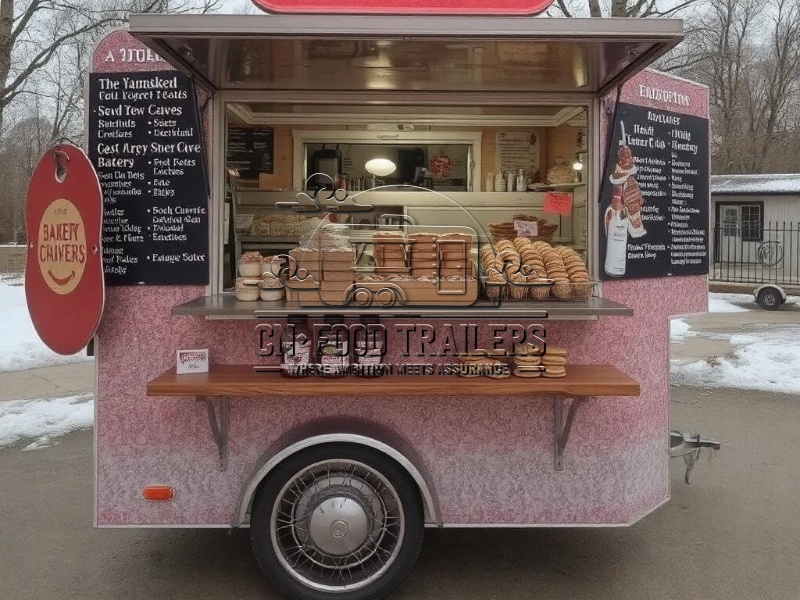
Application
- Urban streets and market economy: Bakery Food Trailers have become popular gathering places at weekend markets, art districts or tourist attractions. For example, at the weekend market in Brooklyn, New York, a food truck selling New York cheesecake and rye bread often has a long queue in front of it; at the literary market in Daikanyama, Tokyo, the combination of French crepes and matcha Madeleines attracts young tourists to stop.
- Event and festival catering:In music festivals, weddings, corporate team building and other scenes, food trucks can provide customized dessert tables or mobile coffee bar services. For example, at outdoor weddings, food trucks make wedding cakes and macaron towers on site; at the annual meeting of technology companies, “programmer-only” black coffee and code-themed cookies are launched.
- Rural and remote area services: In the mountains, farms or campsites, Bakery Food Trailers fills the gaps of local bakeries. For example, providing energy bars and whole wheat bread for hikers, or hot cinnamon rolls and coffee for ranch workers.
- Brand cooperation and flash marketing: Food brands often cooperate with food trucks to launch joint products. For example, Starbucks cooperated with bakery trucks to launch “Seasonal Limited Coffee + Scone” packages, or bakery ingredient suppliers (such as Anchor Butter) sponsored bakery trucks to hold “baking teaching flash events” to increase brand exposure.
- Disaster emergency response and community support: In natural disasters or emergencies, food trucks can be quickly deployed to disaster areas to provide bread, biscuits and other easy-to-store foods to rescue workers and disaster victims, reflecting social value.

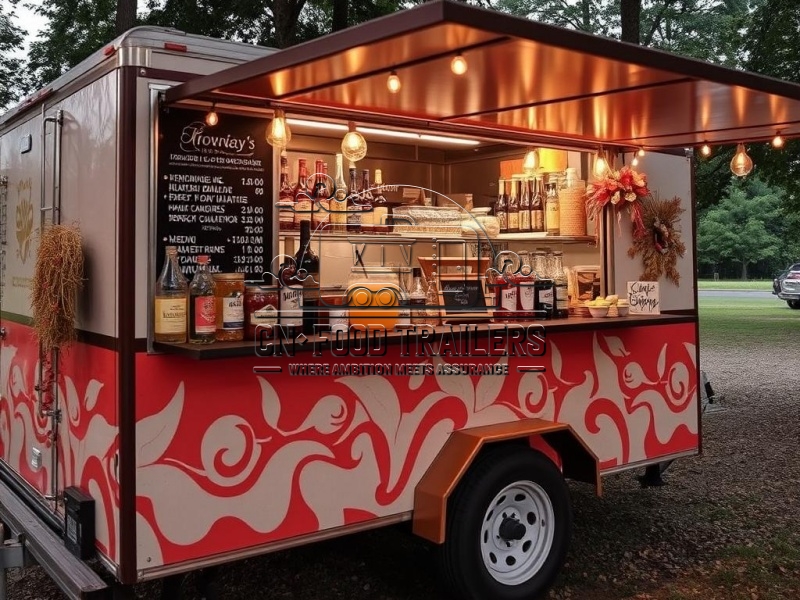
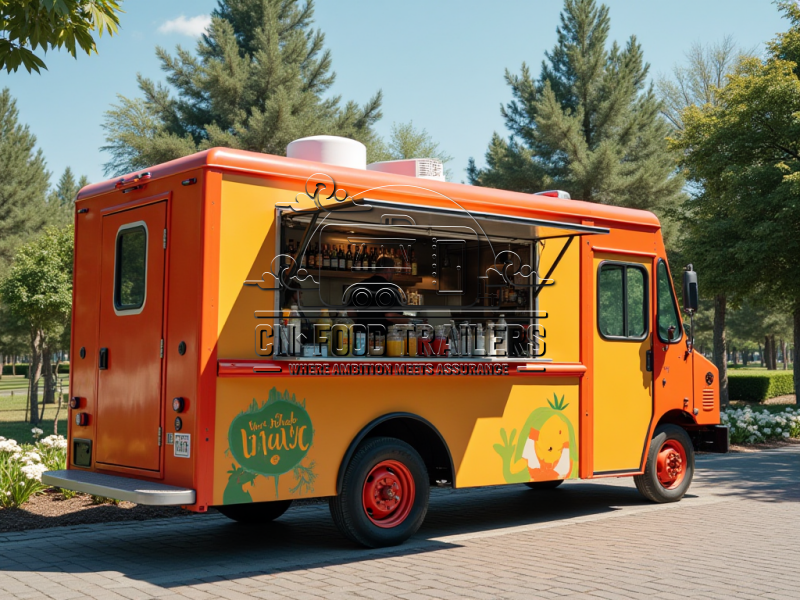

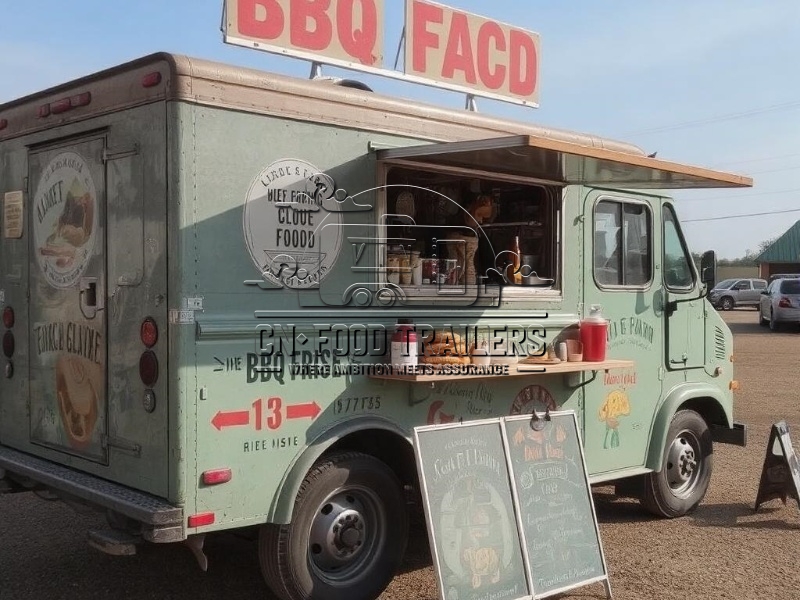
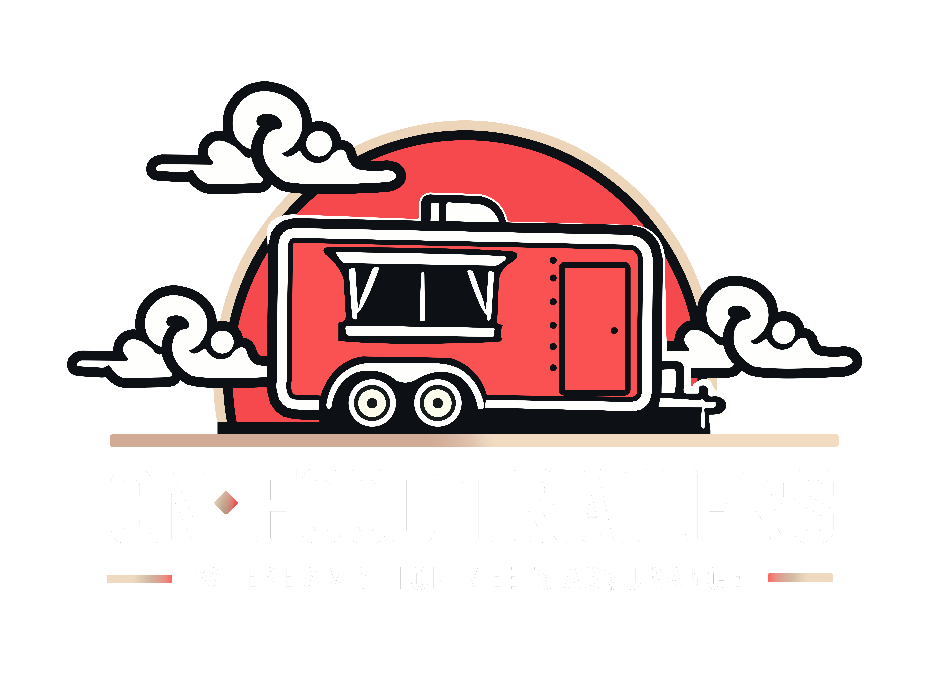
Leave A Comment